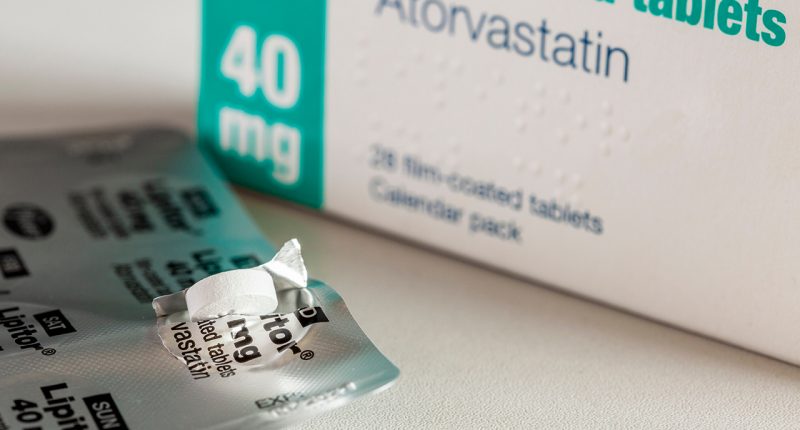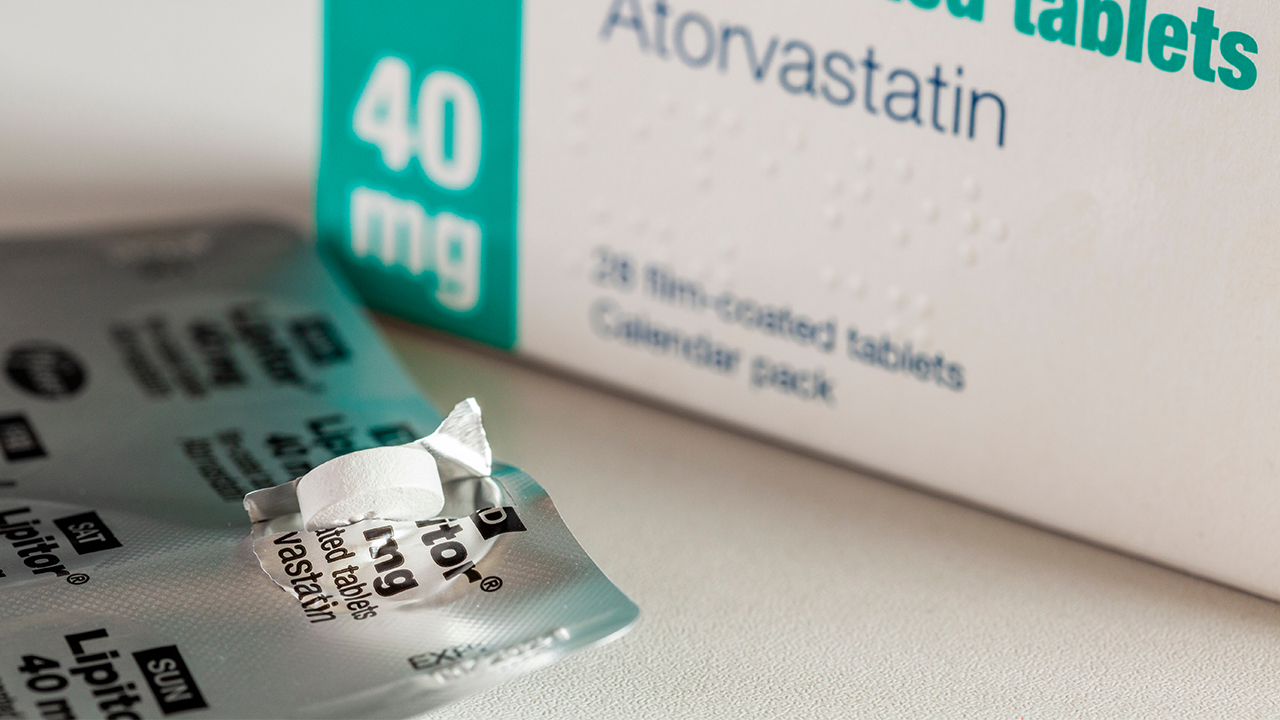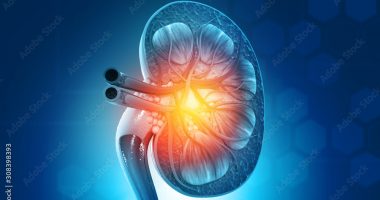- Neuren Pharmaceuticals (NEU) has received a notice of allowance from the European Patent Office for NNZ-2591 until July 2034
- The product will help treat three debilitating childhood disorders for which there are currently no approved drug therapies
- Following positive results in mouse models, Neuren recently received Orphan Drug designation from the U.S. Food and Drug Administration
- Despite this breakthrough Neuren has ended the day slightly down with shares trading for $2.42 apiece
Neuren Pharmaceuticals (NEU) has received a notice of allowance from the European Patent Office for NNZ-2591 until July 2034.
The new patent is titled “Neuroprotective bicyclic compounds and methods for their use in treating autism spectrum disorders and neurodevelopment disorders”.
Patents under this same international application have previously been granted in the United States and Japan.
Neuren is developing NNZ-2591 to treat the three debilitating childhood disorders of Phenlan-McDermid, Angelman and Pitt Hopkins syndromes for which there are currently no approved drug therapies.
Each of these disorders are caused by a mutation or deletion in a different gene, however, they all share a similar impairment in the connections and signals between brain cells – which id the target treatment of NNZ-2591.
Following positive results in mouse models, Neuren recently received Orphan Drug designation from the U.S. Food and Drug Administration (FDA) for NNZ-2591 in treating these syndromes.
After six weeks of treatment, these mice showed normal results in anxiety, daily living, motor performance and reduced seizures.
In October, Neuren received FDA approval to treat Phelan-McDermid Syndrome and Pitt Hopkins Syndrome.
Phelan-McDermid Syndrome is caused by a deletion or mutation of the 22q13 region of chromosome 22 which is responsible for providing instructions to make protein found in the body’s tissue and brain.
This syndrome is identified by low muscle tones in newborns, delayed or absent speech, epilepsy and motor delays. Disruption of the gene is also thought to be associated with autism.
Research by Neuren estimates that one per cent of people with autism have Phelan-McDermid syndrome which implies that anywhere between 1 in 8000 and 1 in 15,000 have the syndrome.
Pitt Hopkins Syndrome is a rare genetic condition that causes moderate-to-severe intellectual disability and developmental delays, gastrointestinal issues, breathing problems and recurrent seizures.
Neuren is currently undertaking the manufacturing development and non-clinical studies required before submitting an investigational new drug (IND) application to the FDA and starting trials in 2020.
Despite this breakthrough Neuren has ended the day slightly down with shares trading for $2.42 apiece in a $253.5 million market cap.







